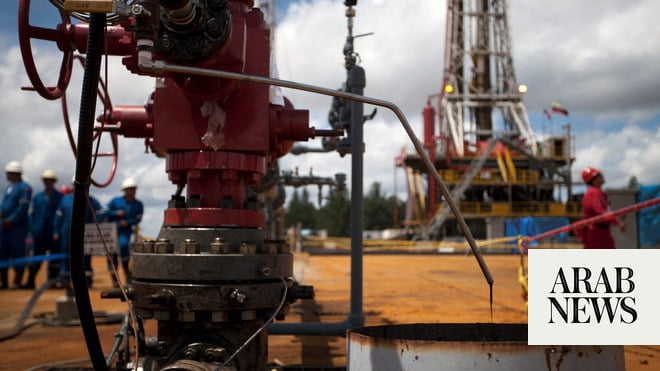
SINGAPORE, Jan 17 (Reuters) - China"s refinery output hit a record in 2021, up 4.3% from 2020, on robust first-half fuel demand and as refiners ramped up processing to fill a supply gap after a hefty new tax closed loopholes in blending fuel imports.
Total refinery throughput last year reached 703.55 million tonnes, or 14.07 million barrels per day (bpd), data from the National Bureau of Statistics showed on Monday, roughly 620,000 bpd above the 2020 level.
December output was 58.73 million tonnes, or 13.83 million bpd, down 2.1% on year, reversing a rebound in November when state refiners raised processing to plug a short-lived diesel supply crunch.
"With the product market flipping into surplus, state-owned refiners cut runs while independents" runs continued to trend lower in December," said Shi Fenglei, an analyst with IHS Markit.
Output surged nearly 11% on the year in first-half 2021, as a rebound in car sales bolstered gasoline use and booming domestic air travel lifted aviation fuel consumption. read more
A hefty tax slapped on importing blending fuels like light cycle oil and bitumen mixture allowed dominant state refiners to recoup lost market share, previously eroded by cheap blending stocks.
Production, however, declined in the third quarter amid a resurgence in coronavirus cases and as a drastic cut in fuel export quotas hurt plant operations.
The faster growth in last year"s throughput versus 2020"s 410,000 bpd rise came as Beijing worked to curb processing at smaller independent refiners, particularly in oil hub Shandong, indicating a shift in production increases at larger state refiners. read more
Monday"s data also showed China"s crude oil output gained 2.4% on year to 199 million tonnes, or 3.98 million bpd, the highest since 2016, as the industry strived to sustain a 4 million bpd mark by developing more challenging terrains to make up for depleting mature fields. read more
Natural gas oil production rose 8.2% to a record 205.3 billion cubic metres, with December volume up 2.3% on the year amid the peak heating demand season.












